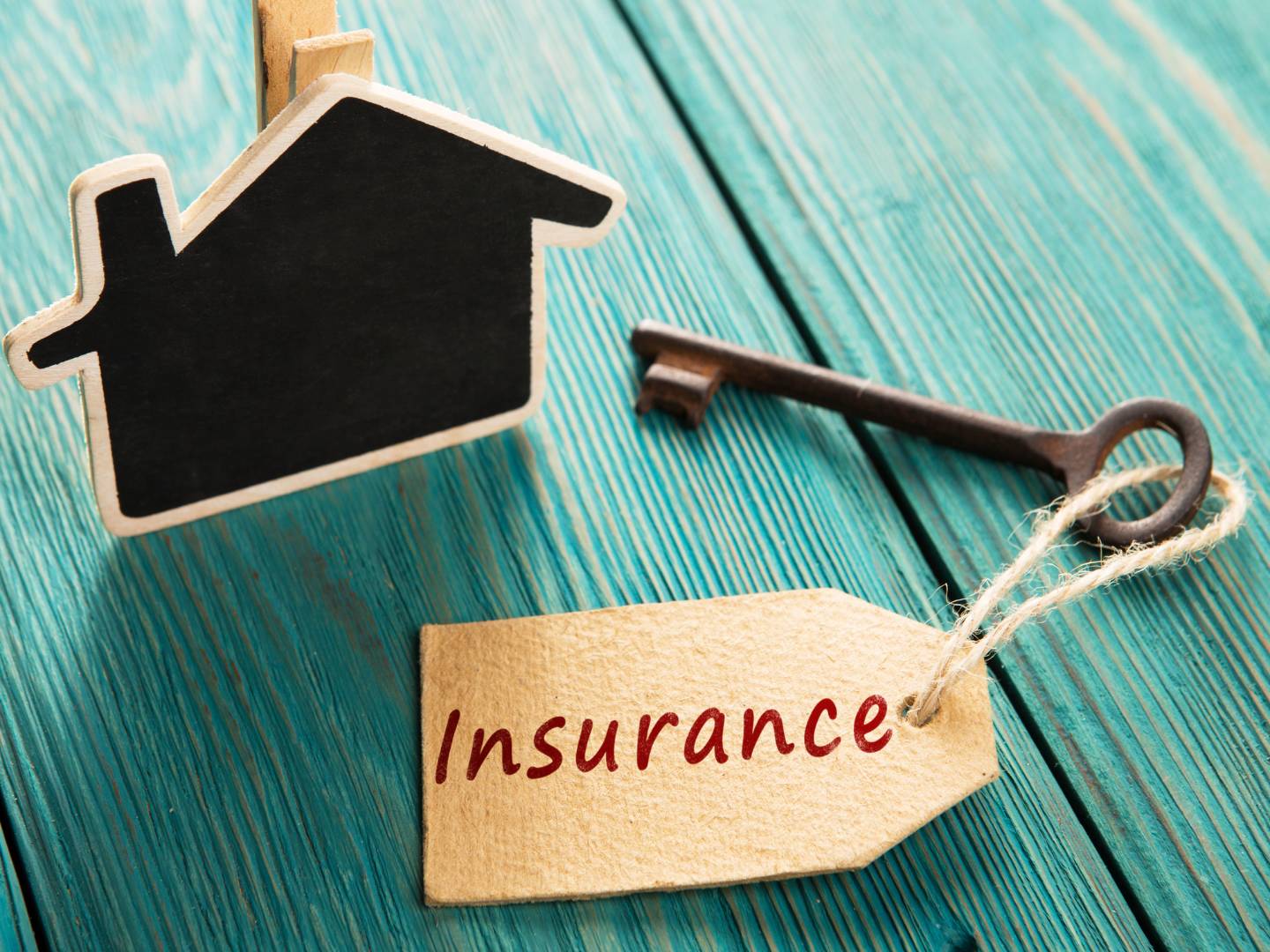The guide to allowable expenses for landlords in the UK
Maximize your tax savings with this guide on allowable expenses for landlords. Learn how you can claim your expenses against tax.
Angelina
If you make money from renting out in the UK, you might have to fill out a tax form and pay taxes on what you earn. But you can lower the amount of tax you owe by subtracting allowable expenses from your rental income.
In this article, we'll explain what costs are considered allowable expenses by HMRC (HM Revenue & Customs) and how you can use them to reduce your tax bill as a landlord.
What are allowable expenses for landlords in the UK?
Allowable expenses are costs that the government allows you to subtract from your total income to lower the amount of taxes you owe. In other words, they're expenses you can claim against tax. For landlords, allowable expenses are the costs directly related to generating rental income. For example, insurance or repair costs.
What expenses can I claim as a landlord?
As a landlord, you can claim expenses covering the day-to-day management costs of your rental property. These expenses are considered operational and don't usually increase the property's long-term value.
Examples of allowable expenses in the UK:
- Repairs and maintenance
- Replacement of domestic items
- Insurance
- Utilities and council tax
- Professional fees
- Marketing costs
- Legal fees
- Travel costs
- Mortgage interest
Now, let's take a closer look at what expenses you can claim as a landlord.

Repairs and maintenance
Costs for repairs to the property are allowable expenses, as they incur to maintain the property in a suitable condition for rental. These repairs must restore the property to its previous good state, for example by fixing a leaky roof or replacing a broken window.
Replacement of domestic items
If you let a furnished property, you can claim tax relief on replacing certain household items, such as furniture, furnishings, and appliances.
However, if the replacement item is more expensive than the old item, you can only deduct the cost of purchasing an equivalent item to the original. The rest of the amount will be part of your taxable income.
The cost of replacing small household items, such as utensils, dishes, cushions, bed sheets, and similar are also eligible for tax relief.
To be considered allowable, these items must meet the following criteria:
- they must be of low value
- have a short lifespan
- require frequent replacement (nearly every year).
Insurance
Landlord insurance, such as buildings, contents, public liability insurance and any coverage against loss of rent, is an allowable expense in the UK.
Utilities and council tax
If you're responsible for paying utilities such as gas, electricity, and water, you can deduct them from your taxable income.
Professional fees
Professional fees paid to a property management company, letting agent or accountant are considered allowable.
Marketing costs
The costs spent on advertising your property to tenants are considered an allowable expense.
To save money on advertising, consider an online platform where you can advertise for free or one that doesn’t charge a monthly fee. For example, on HousingAnywhere, you only pay a small one-time fee once the tenant signs the rental contract.
Legal fees
Legal fees related to letting the property, such as drawing up the lease agreement, negotiating terms, and handling disputes, are allowable.
Travel costs
Travel costs, such as the cost of travelling to the property to carry out repairs or to meet with tenants, can be claimed as an expense.
Mortgage interest
If you bought your rental property with a mortgage, you can deduct the interest element of your mortgage payment from your rental income.
Allowable expenses landlords can’t claim in the UK
Any costs that weren't spent solely for generating rental income aren't considered allowable. You can't deduct them from your rental income.
If you claim non-deductible expenses against your rental income, you may be subject to penalties and fines from HMRC. Claiming non-deductible expenses can also trigger an HMRC investigation, during which the tax authorities will thoroughly examine your records. This could result in further penalties and fines if you previously made mistakes.
Capital expenses
Capital expenses refer to costs incurred to improve the property. You can't deduct these expenses because they increase the property's overall value.
For example, capital expenses include:
- adding an extension to the property
- installing central heating
- replacing the roof
- upgrading the electrical system
- fitting a new kitchen
In general, an item is considered an improvement when:
- it's not very similar to the old item
- its function has changed, e.g. from a sofa to a sofa bed
- the quality or material of the item has been upgraded, like switching from a veneer to a wooden table.
On the other hand, if you replace a part of your property with a newer version during a repair, it's still considered deductible if the upgrade is a side effect. For example, if you need to replace a single-glazed window in an old property, you’ll have to comply with current energy efficiency standards in the UK. That means that you’ll have to put a double-glazed window instead.
So, when in doubt, consider whether the expense is improving the property or simply maintaining its current condition. If it's improving the property, it's likely to be a capital expense and not deductible from rental income.
Private expenses
For example, the costs are not considered allowable if they are incurred when you use the rental property for personal purposes, such as a holiday home.
Claiming allowable expenses against tax as a landlord
Claiming allowable expenses is simple! Just include your costs as deductions on your tax return. You can claim expenses incurred during the tax year, regardless of whether you have received rent payments. Just make sure to keep receipts and records of all expenses so you can provide evidence if needed.
In fact, you should keep all your receipts for 6 years, in printed or digital form.
Here's a step-by-step guide on how to claim expenses from HMRC:
- Keep records of all expenses: This will help you prove to the tax authorities that the expenses are allowable and that you're entitled to claim them as deductions against your rental income.
- Determine your rental income: Your rental income is the amount of money you receive from your tenants.
- Claim your expenses: When completing your income tax return, fill in your allowable expenses. You'll need to provide details of each payment, including the amount and purpose.
- Calculate your taxable profit: Your taxable profit is calculated by subtracting your allowable expenses from your rental income. The taxable profit is the amount of money on which you'll pay tax.
- Report your taxable profit on a Self-Assessment tax return: If you're a UK resident and your taxable profit is above the tax-free allowance, you'll need to report your taxable profit on a Self-Assessment tax return. This is typically due by January 31st each year.
There you have it! While allowable expenses can help reduce your tax bill, it's important to know what costs you can’t claim as a landlord. Make sure to keep records and receipts of all the rental expenses, and seek professional advice if you're unsure about what expenses you can claim.
This article is for informational purposes only. Please consult the appropriate authorities for the latest developments or a lawyer for legal advice.
For feedback on this article or other suggestions, please email content@housinganywhere.com


